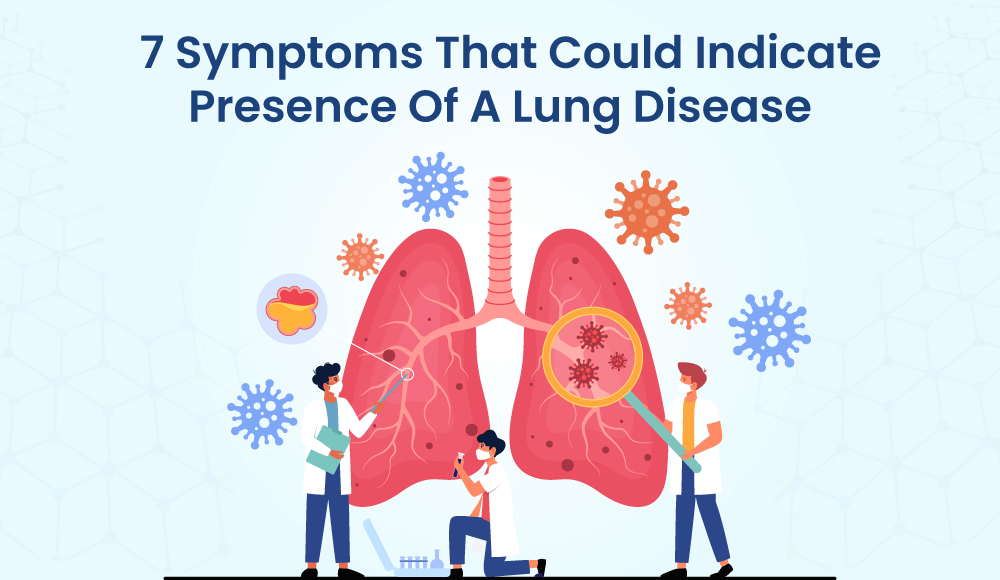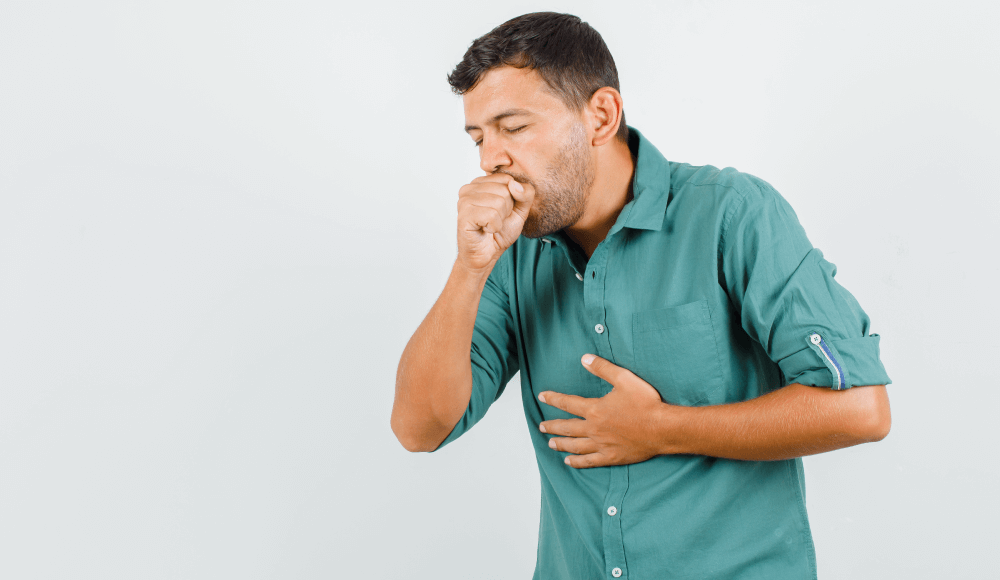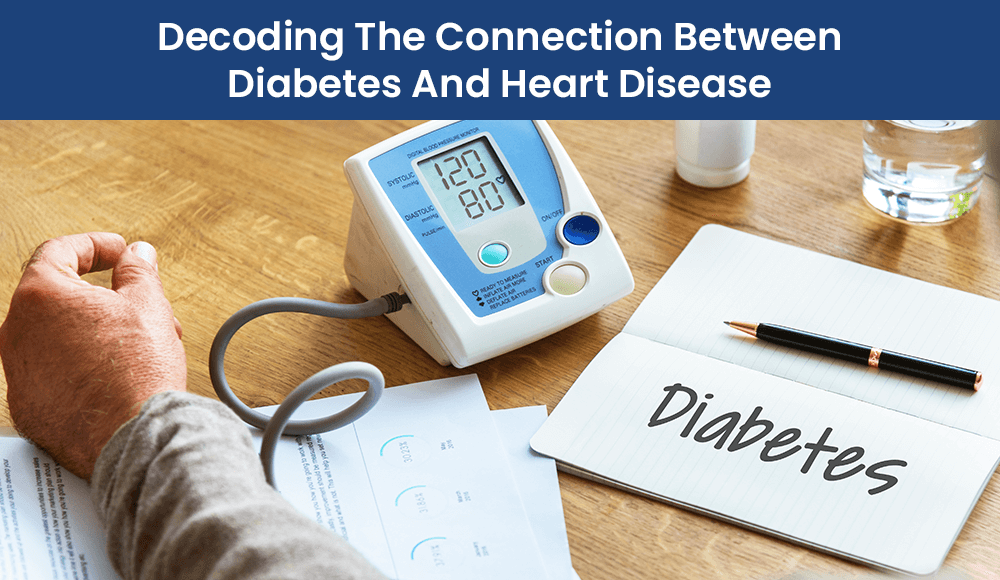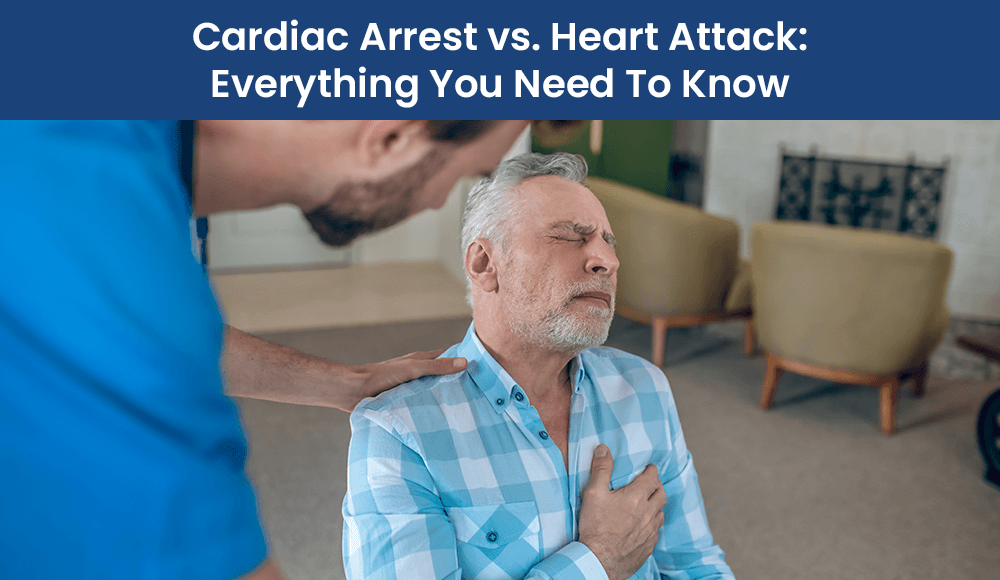
Let’s be honest now, at least with ourselves. How many of us have really paid attention to the nasty cough, wheeze, or chest pain that’s been nagging us for a while? If you are like most people, you probably blame the weather, the pollution, or your age. Recognizing these problems early is important as they could be the first signs of bad lungs that may eventually lead to life-threatening chronic diseases.
Diseases such as asthma, COPD, and lung cancer affect millions of people across the world. Around 300 million are reported to be suffering from asthma. Chronic Obstructive Pulmonary Disease (COPD) is said to be the 4th biggest cause of death worldwide. Lung cancer leads the pack of cancer-related deaths in the world.
Early detection of lung issues can possibly save your life with the right treatment. Here is a list of some common symptoms and their description.
Ready to breathe easy and prioritize your lung health? Take the first step and consult with us now!
Let’s Take A Look At The 7 Primary Symptoms That Might Suggest Presence Of A Lung Disease
1. Persistent Coughing

A seasonal cough lasting a few days is not a cause for concern. But a cough that refuses to leave or the presence of blood/mucus is definitely a red flag. Cough is considered to be chronic if it persists for eight weeks or longer. Smokers are advised to pay special attention to their lung health.
A chronic cough may be indicative of serious lung conditions such as bronchitis, emphysema, COPD, or mesothelioma cancer. If you continue to cough beyond 3-4 weeks and face any difficulty in breathing, please consult your doctors with a copy of your medical records. Do not panic or resort to self-medication.
2. Shortness of Breath
Dyspnea or shortness of breath is a feeling that you cannot get sufficient air. You may find it hard to breathe or experience some uneasiness in your chest region. Severe shortness of breath can obstruct your regular activities and affect your normal life.
Gasping for breath frequently is not always the result of old age. It may be one of the evident signs of lung failure as they cannot deliver sufficient oxygen to your blood. Dyspnea can be acute or chronic depending on how quickly it starts and how long it lasts.
Shortness of breath may typically occur due to asthma, COPD, pulmonary fibrosis, and pulmonary embolism. Please contact a qualified healthcare professional if there is sudden difficulty breathing or severe breathlessness.
3. Chest Pain or Discomfort

Chest pain is generally associated with heart problems. But it can very well indicate trouble with your lungs too. Chest pain that lasts beyond a month can be a sign of a serious lung disorder. Any swelling in the lining inside your chest can cause chest pain. Severe coughing can result in muscle strain and a collapsed lung can cause severe pain in the chest region.
Pulmonary embolism arises due to a blood clot in the lung and causes chest pain. Pulmonary hypertension can result in chest pain due to high blood pressure in the arteries. Watch out for chest pain that gets worse whenever you breathe deeply, cough, or laugh. This can potentially be a sign of lung cancer.
Do not hesitate to consult a doctor if you have unexplained chest pain or if it persists beyond a month. Timely medical intervention can nip the problem in the bud and prevent complications later.
4. Wheezing
Breathing that gets noisy or strained is called wheezing. This is often due to some obstruction or narrowing in the lungs’ airways. This produces a shrill whistling or rattling sound when you breathe. The blockage of the airways is one of the weak lung symptoms and a major health concern.
Wheezing is a common sign of many lung diseases such as asthma, pneumonia, bronchitis, COPD, and cystic fibrosis. The treatment is typically based on the cause of wheezing. Yoga and other breathing exercises help to expand your lung capacity. It is advisable to stop smoking as it can aggravate wheezing. Doctors may prescribe suitable medicines and measures to treat the cause and alleviate the symptoms.
5. Chronic Mucus Production
The mucus in the lungs is known as sputum or phlegm. It acts as a protective barrier and filters impurities such as dust, smoke, and allergens. But if you have too much mucus in your throat and the issue lasts beyond a month, it can be one of the many signs of lung infection.
There are various lung conditions that cause excessive mucus production. This includes common cold, asthma, pneumonia, chronic bronchitis, COPD, and cystic fibrosis. Staying hydrated, gargling with warm salt water, avoiding high-fat food items, and quitting smoking can help you effectively deal with this problem. Please consult your doctor if it gets uncomfortable and unmanageable with self-care.
6. Unexplained Weight Loss
Don’t be happy or shocked if you have shed a few pounds lately. Unexplained weight loss could be a potential sign of a severe lung disease. Any difficulty in breathing may result in your body consuming more energy just to breathe normally. With unhealthy lungs, the body burns more calories as compared to normal lungs.
COPD is a common lung disease that causes breathing difficulties and significant weight loss. Severe COPD causes immense damage to the lungs and flattens the diaphragm. COPD eventually results in the loss of muscle mass in the body. Mycobacterium Avium Complex (MAC) is a type of chronic lung infection that causes severe weight loss.
You must seek immediate medical attention if you experience sudden, unexpected, and abnormal weight loss.
7. Fatigue and Weakness
Most people attribute weakness to random causes such as age, work stress, or humid weather. But if you have been struggling to perform casual physical activities such as walking or climbing stairs, the culprit could very well be an underlying lung disease.
Constant fatigue and exhaustion can arise if your lungs are incapable of delivering adequate oxygen to your body. Oxygen deprivation makes you feel tired easily. Fatigue and weakness are common in respiratory disorders such as COPD and sleep apnea.
It is important to engage in moderate physical activity, get good sleep, consume nutritious food, and keep yourself well-hydrated while you are awaiting medical evaluation. Do check out these effective strategies for a healthy recovery from lung diseases.
Ready to breathe easy and prioritize your lung health? Take the first step and consult with us now!
Conclusion
Breath is life and consequently, healthy lungs are critical for your overall well-being. Any potential sign of lung disease or infection warrants immediate attention. But the problem is that the problem is not always obvious.
Certain symptoms like persistent coughing, difficulty in breathing, lingering chest pain, unexplained weight loss, and physical weakness do point toward poor lung health. It is imperative to recognize these signs early and act accordingly to ward off any kind of health complications. Do not ignore the problem or indulge in self-medication. Please consult the best lung transplant surgeon in Mumbai for weak lung symptoms treatment.
Contact Us for an appointment to discuss all your queries related to lung health.




[…] Want to know about the symptoms of lung disease? Read our blog 7 Symptoms That Could Indicate Presence Of A Lung Disease […]
[…] tests may include blood tests, imaging investigations, and lung function tests depending upon the symptoms of lung disease and as advised by the specialist. If the surgeon deems it necessary, can repeat the aforementioned […]